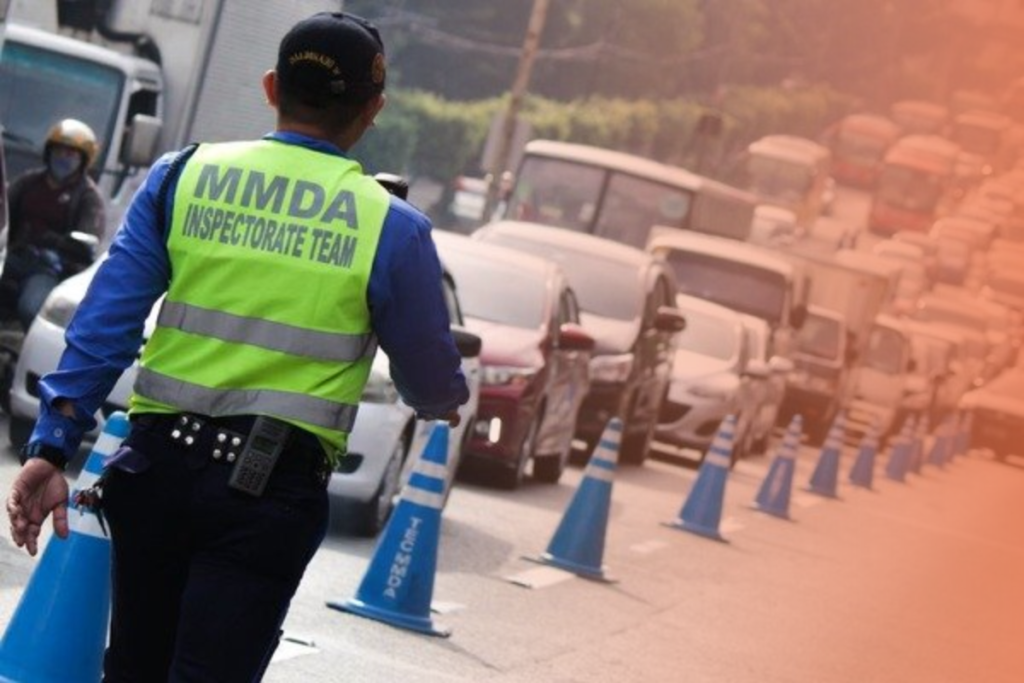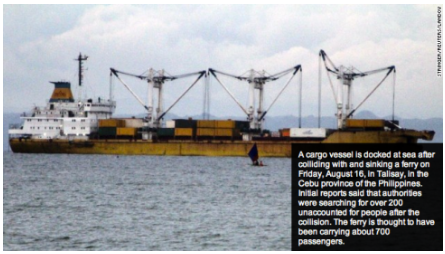MMDA aims to reduce road crash fatalities by 35% by 2028

MANILA, Philippines — The Metropolitan Manila Development Authority (MMDA) and its partners have introduced a framework targeting a 35 percent reduction in road crash fatalities in the National Capital Region by 2028.
This framework, known as the Metro Manila Road Safety Action Plan (MMRSAP) 2024-2028, was developed after a three-day stakeholders’ meeting held in celebration of Philippine Road Safety Month, the MMDA stated on Tuesday. It is part of Project 6: Traffic Safety and Education under the 5-Year Action Plan of the Comprehensive Traffic Management Plan for Metro Manila, funded by the Japan International Cooperation Agency.
Data from the Metro Manila Accident Reporting and Analysis System (MMARAS) show an average of 92,583 road crashes annually from 2013 to 2022, resulting in about 410 deaths each year. Of these fatalities, 51 percent were drivers, 36 percent pedestrians, and 13 percent passengers.
In response, the MMDA and various agencies have created the MMRSAP 2024-2028, focusing on five key pillars: road safety management, safer roads, safer vehicles, safer road users, and post-crash response.
“We are moving forward to create safer, more efficient road systems in Metro Manila. Together, we can make positive changes and build a safer environment for motorists, pedestrians, and commuters,” said MMDA Assistant General Manager for Planning OIC Atty. Victor Pablo Trinidad in his speech.
World Health Organization Representative to the Philippines, Dr. Rui Paulo de Jesus, emphasized that road safety is a shared responsibility requiring coordinated efforts from multiple sectors.
He added, “The Road Safety Action Plan for Metro Manila 2024-2028 will offer a blueprint for evidence-based interventions aimed at saving lives and preventing serious injuries from road crashes in Metro Manila.”
Attendees of the meeting included representatives from Metro Manila’s local government units, the Department of Public Works and Highways, the Department of Health, the Land Transportation Franchising and Regulatory Board, the Land Transportation Office, the Philippine National Police-National Capital Region Police Office, the Philippine National Police-Highway Patrol Group, and the University of the Philippines-National Center for Transportation Studies.



